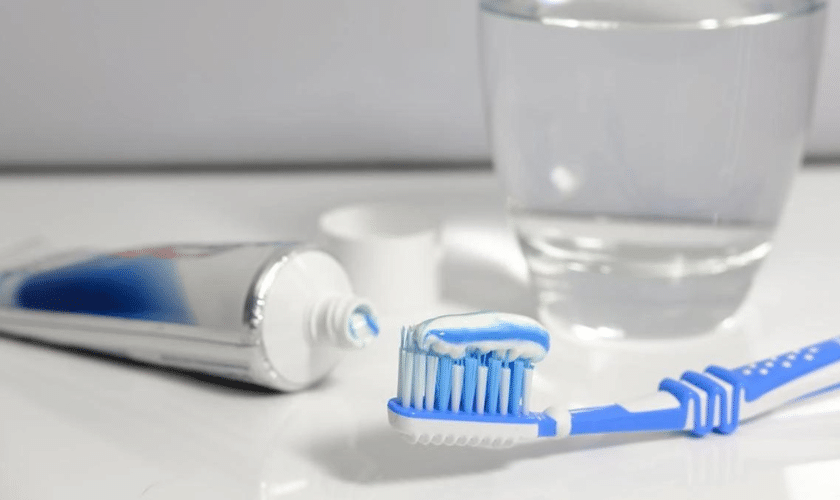908-282-3366
Why are Tinnitus and Oral Health Issues Related?

Tinnitus is a perplexing condition characterized by the perception of ringing, buzzing, or other ear noises when no external sound source is present. While it’s primarily considered an auditory issue, recent research has unveiled a surprising connection between tinnitus and oral health. At Montgomery Dental Loft, we’re dedicated to unraveling this intricate link and shedding light on how oral health can impact tinnitus.
Understanding Tinnitus
Before delving into the relationship between tinnitus and oral health, let’s first understand what tinnitus is. Tinnitus is not a disease itself but a symptom of an underlying issue. Various factors, including exposure to loud noises, earwax blockages, age-related hearing loss, and more can cause it. This persistent ringing or buzzing sound can significantly affect one’s quality of life.
The Oral Health Connection
The connection between oral health and tinnitus may not be immediately apparent, but it’s an increasing interest for dental and medical professionals. Here are some of how oral health can be linked to tinnitus:
1. Temporomandibular Joint Disorder (TMJ):
TMJ issues, which affect the jaw joint, can sometimes lead to tinnitus. The proximity of the temporomandibular joint to the ear can result in referred sounds, causing tinnitus-like symptoms.
2. Dental Issues and Tinnitus:
Dental problems such as teeth grinding (bruxism) and misaligned teeth can pressure the jaw and the auditory system, potentially contributing to tinnitus.
3. Ototoxic Medications:
Some medications for dental issues can have side effects, including tinnitus. Dental professionals need to be aware of the medications they prescribe and their potential auditory effects.
4. Stress and Anxiety:
Stress and anxiety are common culprits in oral health issues and tinnitus. Stress-related dental conditions, like teeth grinding and jaw clenching, can indirectly lead to tinnitus.
5. Poor Blood Flow:
Oral health issues, especially gum disease, can affect blood flow in the head and neck region. Reduced blood flow to the ears can lead to tinnitus in some cases.
Seeking Help and Relief
If you are experiencing tinnitus and suspect it may be related to your oral health, consulting with a dentist or medical professional is crucial. A thorough examination can help identify any dental or oral health issues contributing to your tinnitus.
In many cases, addressing the underlying oral health problem can relieve tinnitus. Treatment options may include dental appliances to correct teeth misalignment, stress management techniques, or medications that don’t exacerbate tinnitus.
At Montgomery Dental Loft, we understand the significance of this connection and are committed to providing comprehensive care to address oral health issues that may be linked to tinnitus. If you’re dealing with tinnitus or have concerns about your oral health, don’t hesitate to contact our experienced team for guidance and assistance in improving your overall well-being. Your path to tinnitus relief and better oral health begins here.




